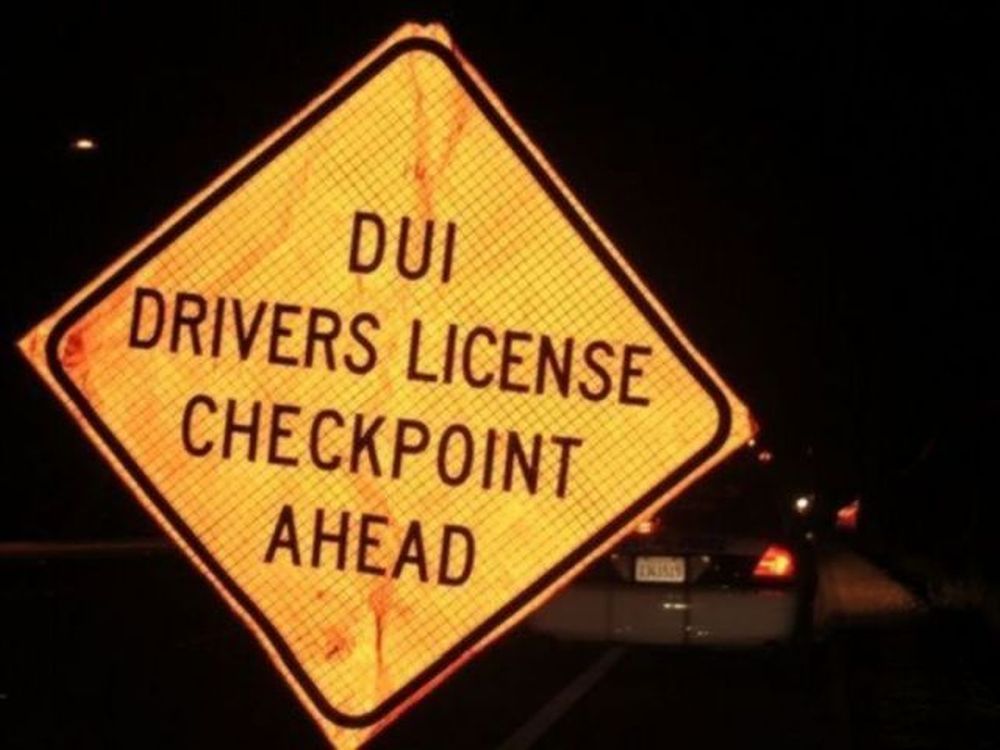Pros and Cons of Non Owner Car Insurance
Non owner car insurance is an insurance coverage that is not tied to a particular vehicle, but is the person who buys the policy. With this type of insurance, those without a car can protect themselves against any liabilities that may arise due to accidents and other situations. Buying non owners car insurance brings both advantages and disadvantages, which should be carefully weighed out depending on your current situation.
One of the primary benefits of non owners car insurance is that it allows you to become insured even if you do not have ownership of a vehicle. It allows you to drive any car that a person does own and be assured that you are covered. This kind of insurance also provides coverage in the event of rental cars, which can be useful when travelling. It is convenient for those who do not have a car and need to borrow someone else’s temporarily.
On the flip side, a drawback that comes along with non owners car insurance is that it can be expensive. This is because it is seen as a higher risk to the insurance company since they are not sure of the driving record of those who take out the policy. Additionally, some insurance companies may require an individual to have a good driving record in order to qualify for non owners car insurance.
A further advantage of non owner car insurance is that it is a more affordable option than buying full coverage for a vehicle. This makes it a great option for those, who may not frequently use a car or need to switch vehicles frequently. Non owners car insurance does not require you to register a car, buy a license plate or get vehicle inspections, which saves the car owner time and money.
Another con is that a non owners car insurance policy will only cover damages or medical expenses in an accident if you are found at fault. This means that if you are driving someone elses car, they would have to cover those costs if they were the at-fault driver. It is important to note that this type of policy only covers the policy holder, which means that anyone else driving the vehicle will not be protected.
In addition to the pros and cons mentioned above, there are some other important facts to consider when buying non owners car insurance. For example, it is important to understand what the policy covers and to make sure that it meets your needs. Some policies provide basic coverage while others offer more comprehensive coverage. It is also important to determine your budget for the policy and shop around for the best rate.
When it comes to non owners car insurance, there are a few other aspects to consider. For instance, most policies require that the driver has a valid drivers license and is over the age of 25. There may also be restrictions as to the types of cars that one can insure with a non owners policy. Other restrictions could include a limit to the number of miles covered or the type of vehicles that can be insured with a non owners policy.
In addition, the potential insurance savings should also be considered when evaluating non owner car insurance. By understanding how much coverage one needs and what type of coverage is actually available, it is possible to find a policy that works best for ones particular needs.
Furthermore, there could be limitations on the type of driver who can qualify for a non owners car insurance policy. As such, it is important to inquire about the specifics before signing up for a policy. Lastly, many non owners car insurance policies have exclusions so it is important to review all details before signing up.
In conclusion, non owner car insurance provides benefits as well as disadvantages. It is important to understand the features, restrictions, and specified coverage of the policy before investing. It is important to shop around for the best rates and make sure to compare the overall cost of premiums against any potential savings. Furthermore, it is important to know what is and what isnt covered under the policy to avoid any complications or misunderstandings that could occur in the future.



